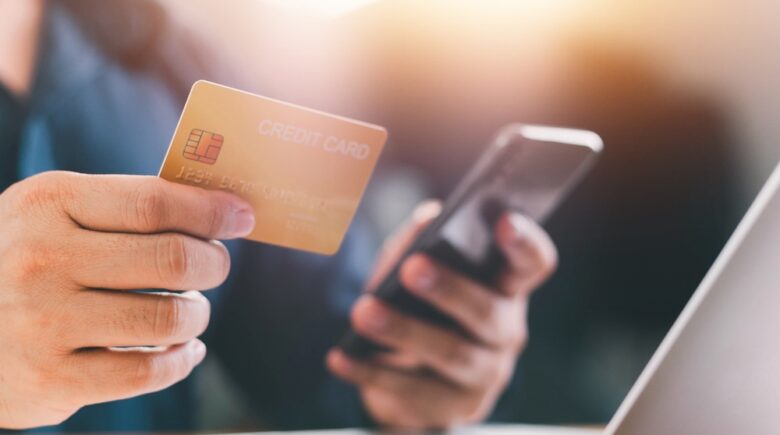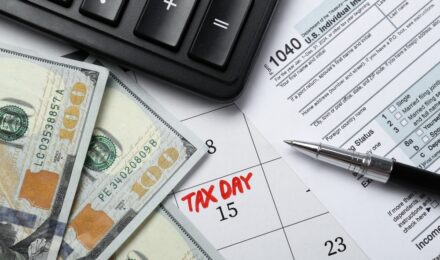Receiving your first credit card approval can be an exciting milestone. With access to credit, you can make purchases that might have been out of reach before. Whether it’s a new appliance or an upgraded gaming chair, a credit card can make these items more attainable. However, with this financial tool comes responsibility. How you manage your card in the early stages can significantly impact your financial future. Here are some essential tips to help you use your first credit card wisely.
Pay Your Balance in Full
One of the most crucial habits you can develop is paying off your balance in full each month. Before you start spending, take the time to thoroughly read the terms and conditions of your card. This document contains important details about interest rates, fees, and billing cycles. Skipping over these details could lead to costly mistakes.
Pay close attention to your statement cycle date—the day when your statement closes and purchases are recorded for that billing period. Understanding this date helps you plan your payments strategically. Paying off your balance before your statement closes can prevent a high balance from appearing on your report, which could signal financial risk to lenders. High credit utilization may negatively impact your credit score, so it’s best to keep your balance low.
Maximize Your Card’s Perks
Once you understand your billing cycle, consider how to use your credit card strategically. One effective method is to pay for recurring expenses such as utility bills, phone plans, and groceries with your card. Then, use the income you earn throughout the month to pay off the balance before your cycle date.
Many credit cards offer rewards, such as cashback, airline miles, or discounts on purchases. By using your card for essential expenses and paying off the balance, you can accumulate these rewards without incurring interest. This approach allows you to enjoy perks like free travel, cashback bonuses, or discounts on dining while maintaining responsible credit use.
Shift Your Mindset on Credit
Your perspective on credit significantly impacts how you use it. If you view it as “free money,” you may be tempted to overspend on unnecessary items. Instead, consider your credit limit as an extension of your own funds that you will have to repay.
Think of credit as a tool that, when used wisely, can open doors to financial opportunities. Responsible credit usage helps build a strong credit history, which can lead to better loan terms for significant purchases like a car or home. Mismanaging credit, however, can result in high-interest debt and financial stress. By treating your credit card as a financial responsibility rather than an unlimited spending source, you set yourself up for long-term success.
Final Thoughts
Getting your first credit card is a significant step toward financial independence. It enhances your purchasing power and, when managed correctly, can lead to higher credit limits, better loan options, and even business opportunities. However, with this privilege comes the responsibility of maintaining good financial habits.
When you receive that first credit card, take a moment to celebrate—then commit to using it wisely. By following these tips, you can establish a solid credit foundation and ensure a smooth financial journey. Use your card strategically, pay off your balance in full, and maintain a responsible mindset to make the most of your credit experience.
Receiving your first credit card approval can be an exciting milestone. With access to credit, you can make purchases that might have been out of reach before. Whether it’s a new appliance or an upgraded gaming chair, a credit card can make these items more attainable. However, with this financial tool comes responsibility. How you manage your card in the early stages can significantly impact your financial future. Here are some essential tips to help you use your first credit card wisely.
Pay Your Balance in Full
One of the most crucial habits you can develop is paying off your balance in full each month. Before you start spending, take the time to thoroughly read the terms and conditions of your card. This document contains important details about interest rates, fees, and billing cycles. Skipping over these details could lead to costly mistakes.
Pay close attention to your statement cycle date—the day when your statement closes and purchases are recorded for that billing period. Understanding this date helps you plan your payments strategically. Paying off your balance before your statement closes can prevent a high balance from appearing on your report, which could signal financial risk to lenders. High credit utilization may negatively impact your credit score, so it’s best to keep your balance low.
Maximize Your Card’s Perks
Once you understand your billing cycle, consider how to use your credit card strategically. One effective method is to pay for recurring expenses such as utility bills, phone plans, and groceries with your card. Then, use the income you earn throughout the month to pay off the balance before your cycle date.
Many credit cards offer rewards, such as cashback, airline miles, or discounts on purchases. By using your card for essential expenses and paying off the balance, you can accumulate these rewards without incurring interest. This approach allows you to enjoy perks like free travel, cashback bonuses, or discounts on dining while maintaining responsible credit use.
Shift Your Mindset on Credit
Your perspective on credit significantly impacts how you use it. If you view it as “free money,” you may be tempted to overspend on unnecessary items. Instead, consider your credit limit as an extension of your own funds that you will have to repay.
Think of credit as a tool that, when used wisely, can open doors to financial opportunities. Responsible credit usage helps build a strong credit history, which can lead to better loan terms for significant purchases like a car or home. Mismanaging credit, however, can result in high-interest debt and financial stress. By treating your credit card as a financial responsibility rather than an unlimited spending source, you set yourself up for long-term success.
Final Thoughts
Getting your first credit card is a significant step toward financial independence. It enhances your purchasing power and, when managed correctly, can lead to higher credit limits, better loan options, and even business opportunities. However, with this privilege comes the responsibility of maintaining good financial habits.
When you receive that first credit card, take a moment to celebrate—then commit to using it wisely. By following these tips, you can establish a solid credit foundation and ensure a smooth financial journey. Use your card strategically, pay off your balance in full, and maintain a responsible mindset to make the most of your credit experience.



